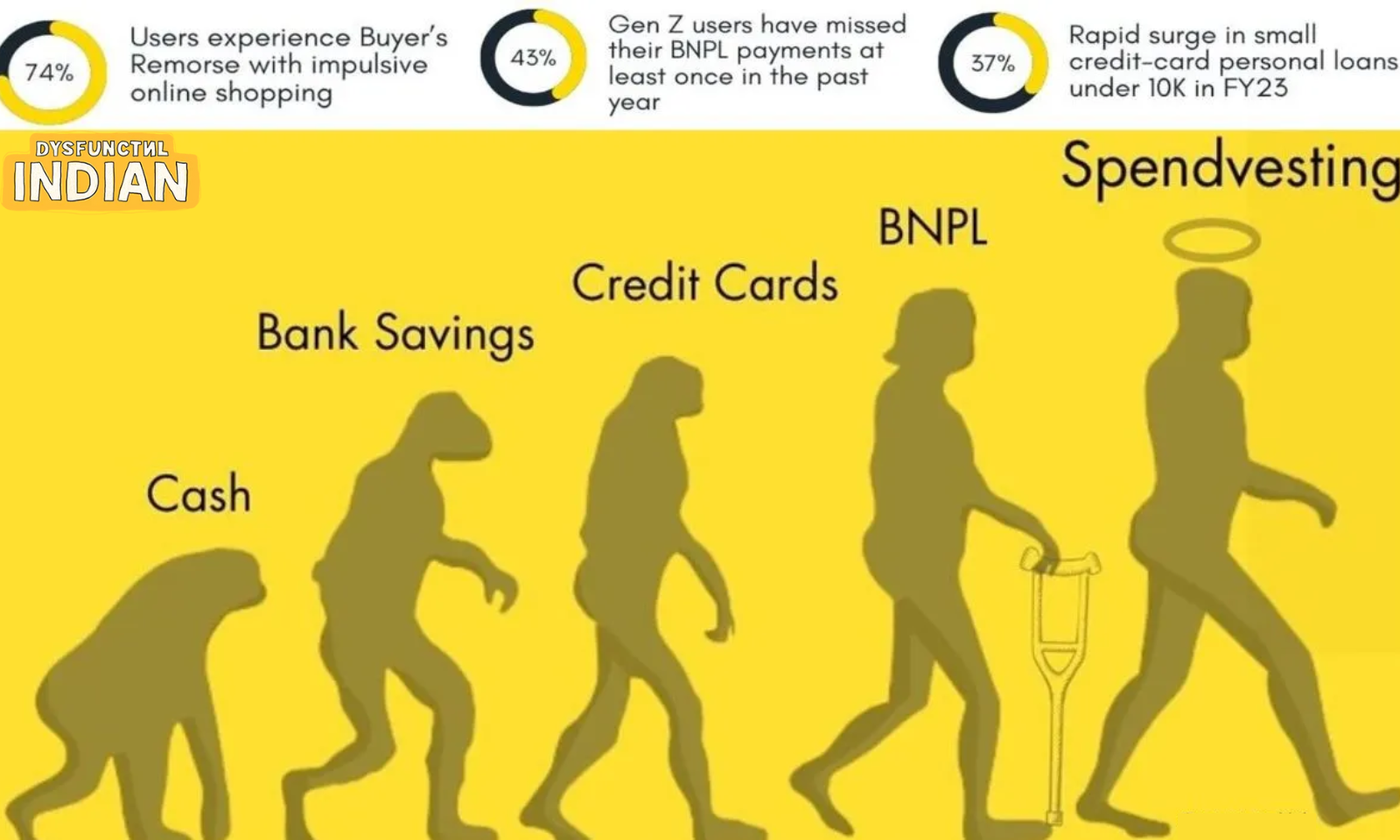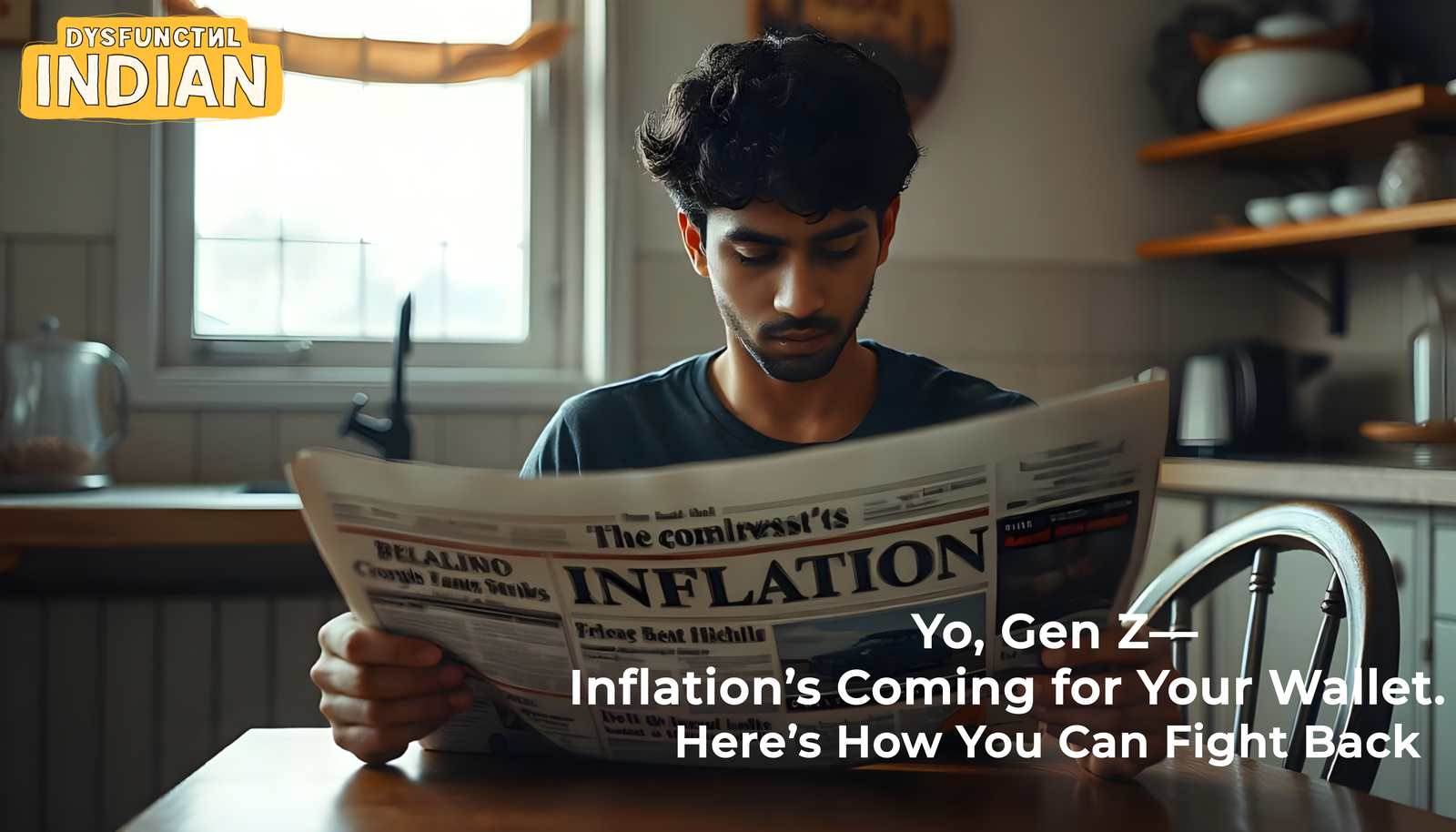Young Indians Emphasizing Future Savings and Embracing Luxury
Posted by admin on 2024-10-03 |

In a remarkable shift of generational priorities, today's
youth in India are navigating two distinct paths - one that emphasizes prudent
planning for the future and another that embraces the allure of luxury. The
dynamics of the younger demographic are evolving, showcasing a multifaceted
approach to life and financial decisions.
Estate Planning Gains Momentum Among the
Youth
Traditionally associated with older age groups, estate
planning has found an unexpected surge of interest among upwardly mobile and
middle-class individuals in their late 30s and early 40s. The catalyst for this
trend can be traced back to the pandemic, which prompted a heightened awareness
of mortality and the need for comprehensive planning.
Mumbai-based virtual will writing and advisory firm,
WillJini, has witnessed a significant uptick, receiving around 7,000 queries in
the last six months alone. Surprisingly, four in ten requests originate from
individuals in their 30s and 40s. The ease and affordability of the modern
will-making process, facilitated by startups, have contributed to the faster
adoption of this practice.
Shiv Goyal, founder and CEO of QuickDox, notes that
recent reports of sudden cardiac arrests and a 30% increase in mortality among
the younger age group (25-44) have fueled concerns, driving the youth to
consider their estate planning seriously. The completion of major life
milestones, such as acquiring the first house, car, and building substantial
savings by the age of 35-40, has prompted many to safeguard their wealth
through wills.
Wealth and succession managers are partnering with banks
to underscore the importance of wills for the younger population. Financial
experts highlight that self-made millennials, propelled by new-age and digital
businesses, are seeking disciplined ways to settle their substantial wealth.
Whether driven by the responsibility to protect and deploy wealth or to ensure
a legacy for the next generation, the motivations behind estate planning vary
across individuals.
Rising Trend of Pre-Owned Luxury
Simultaneously, the youth in India are demonstrating a
growing appetite for luxury through the purchase of pre-owned items,
challenging conventional notions of brand-new exclusivity. Despite global
indicators of a luxury market slowdown, Luxepolis, an online marketplace for
certified pre-owned and discounted new luxury goods, has reported an impressive
80% growth in sales this year.
Vijay KG, founder of Luxepolis, notes that pre-owned luxury
has permeated the mainstream market, with several new businesses entering the
space. This trend is not confined to metros, as tier-II and tier-III markets
showcase a rising demand for high-end pre-owned products.
Confidential Couture, specializing in luxury handbags,
watches, and accessories, experienced a 60% year-on-year sales growth in 2023.
CEO Anvita Mehra emphasizes the success of the handbag category, followed by
watches and accessories. The advent of experience centers and the combination
of e-commerce with physical stores are shaping the future of the pre-owned
luxury market in India.
From pre-owned luxury watches to high-end fashion brands
like Hermes, Chanel, and Louis Vuitton, the market is diversifying. Sellers,
such as LabelCentric, report increased sales and a growing awareness of the
investment potential in pre-owned luxury items.
In summary, today's youth in India are forging a
unique path, balancing the need for prudent financial planning and estate
management with a desire to indulge in luxury. These dual facets reflect the
evolving aspirations and financial maturity of a generation that seeks to build
a secure future while enjoying the finer things in life.








